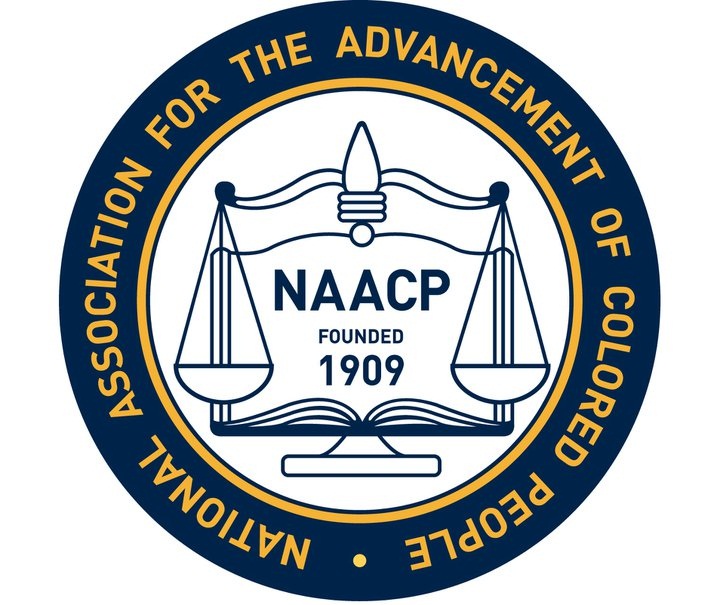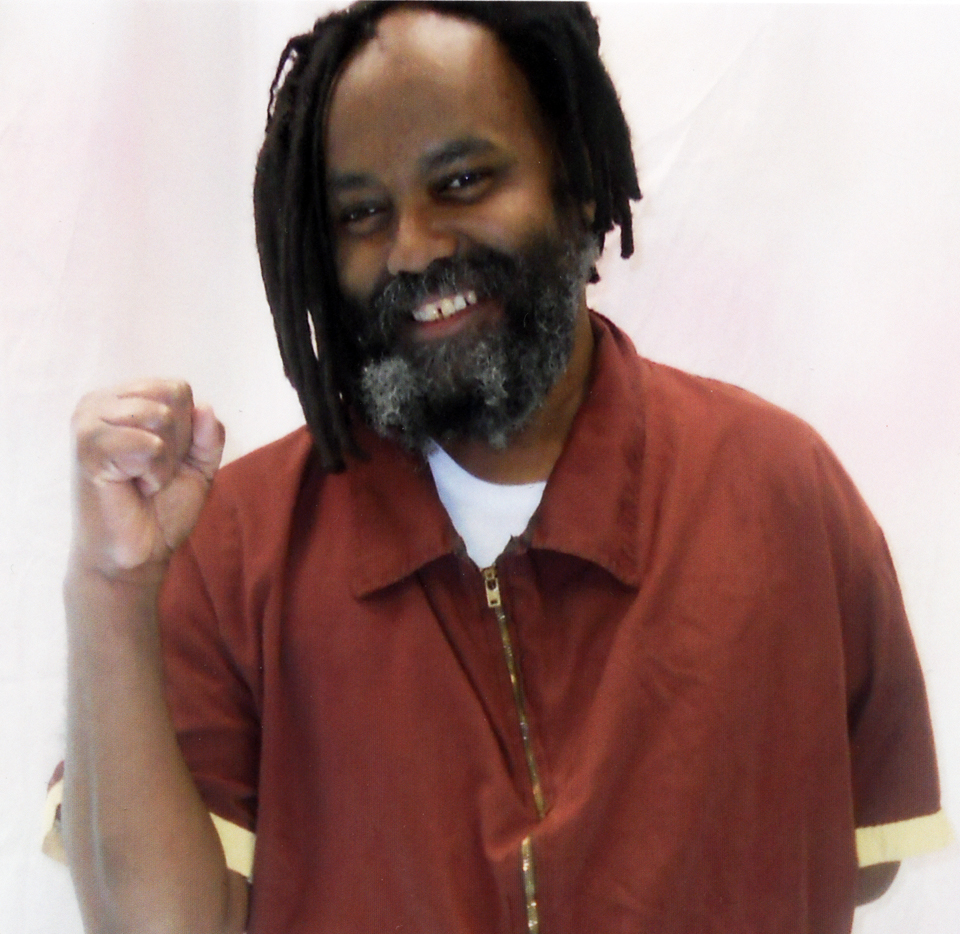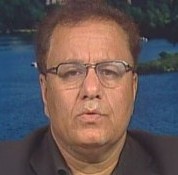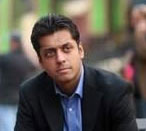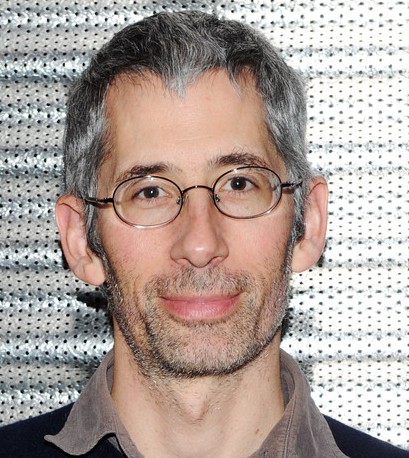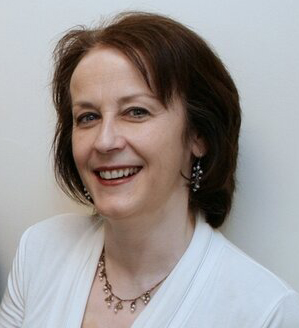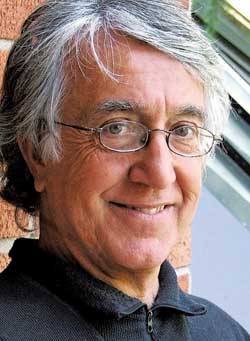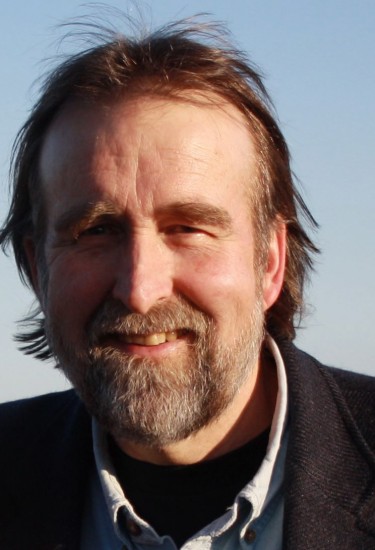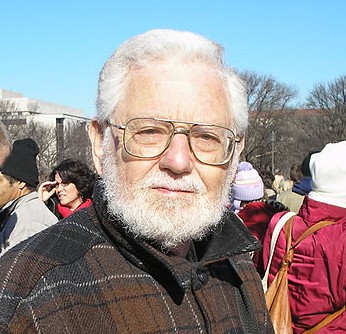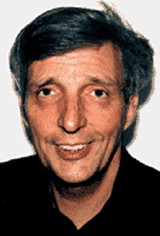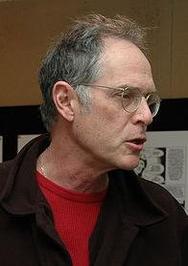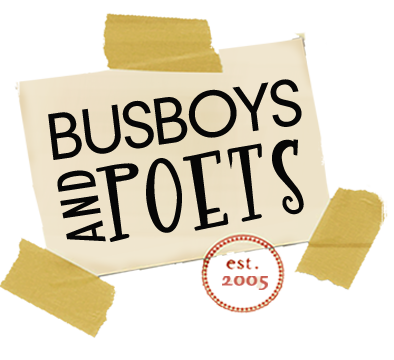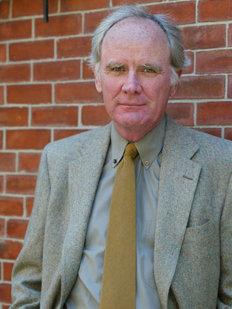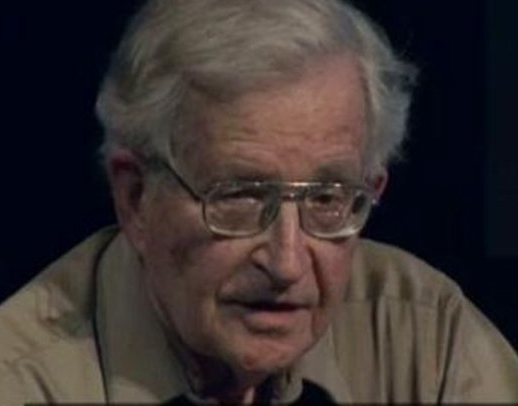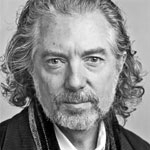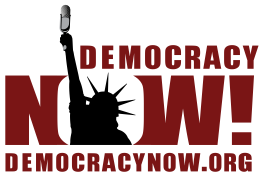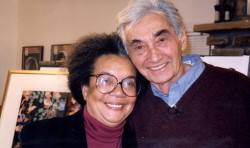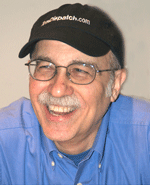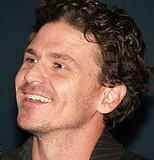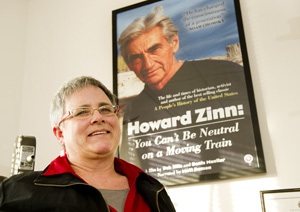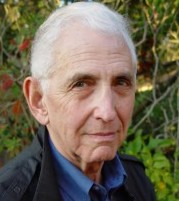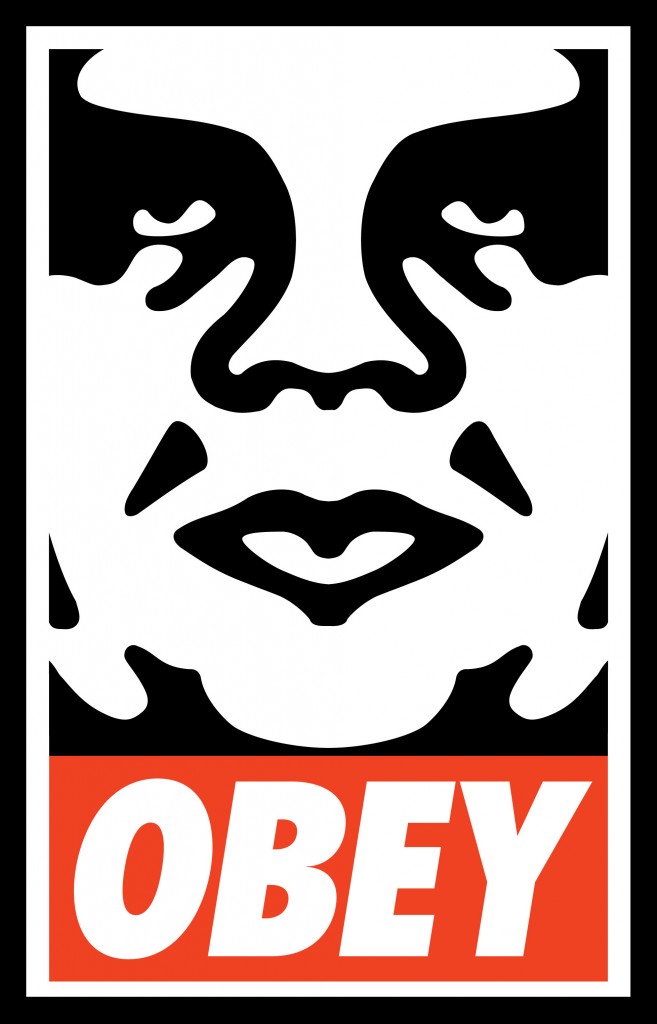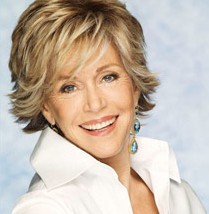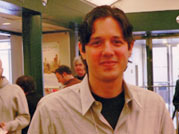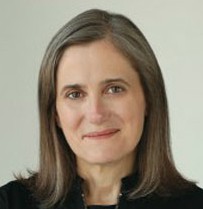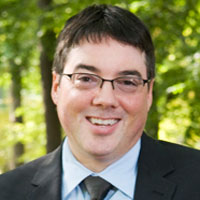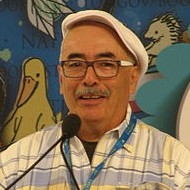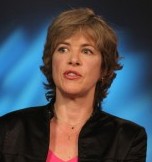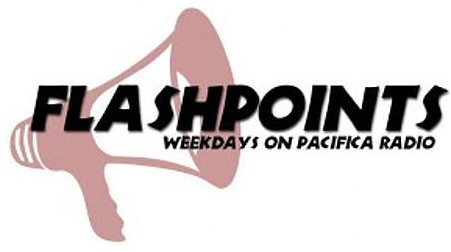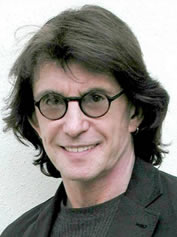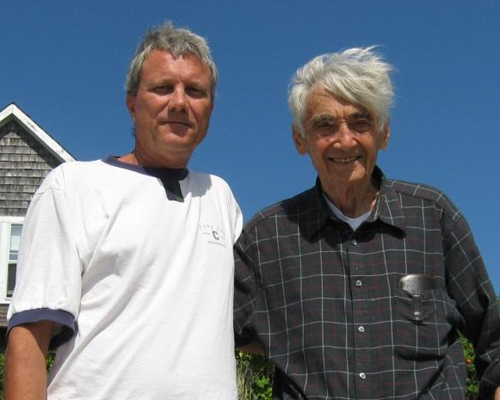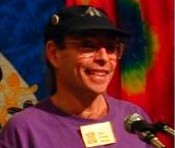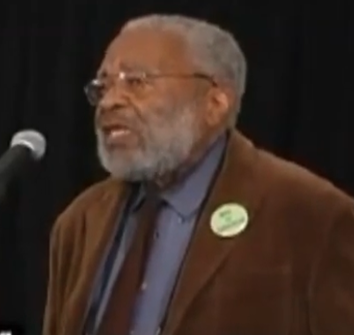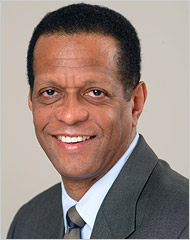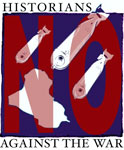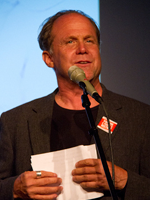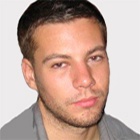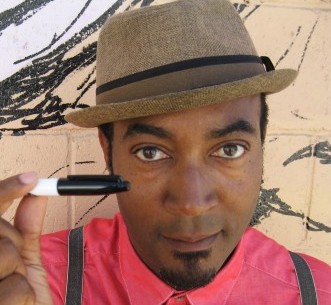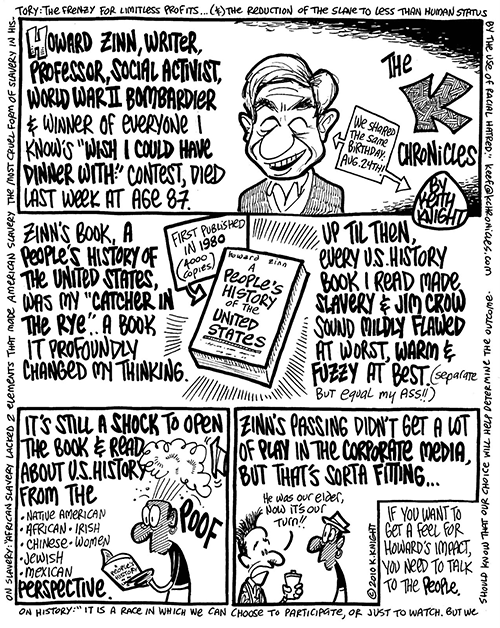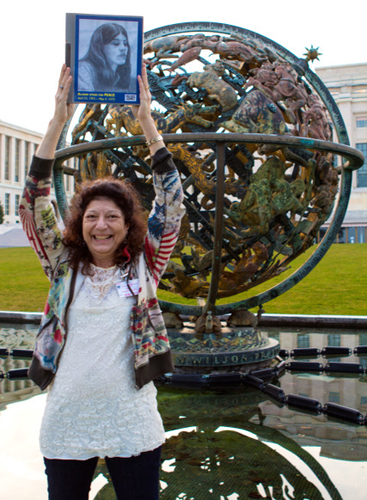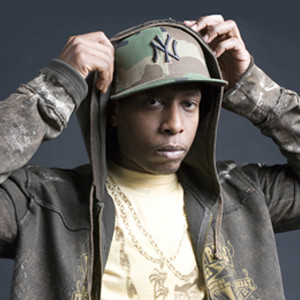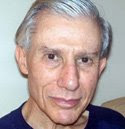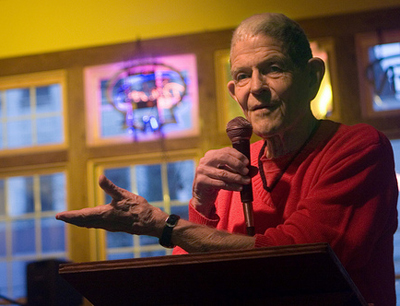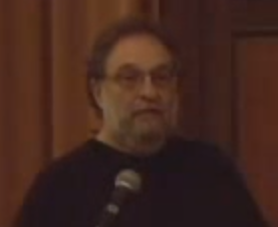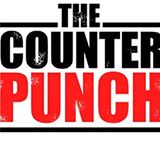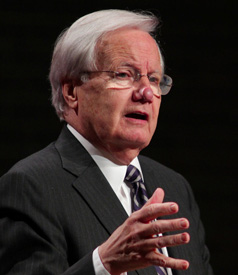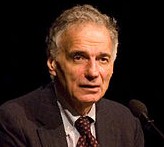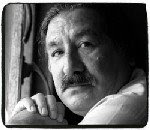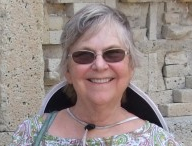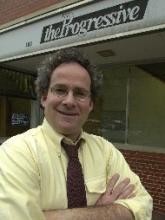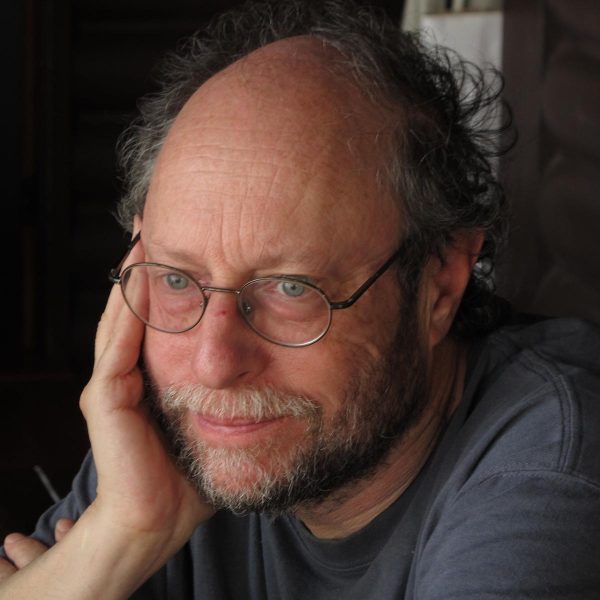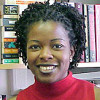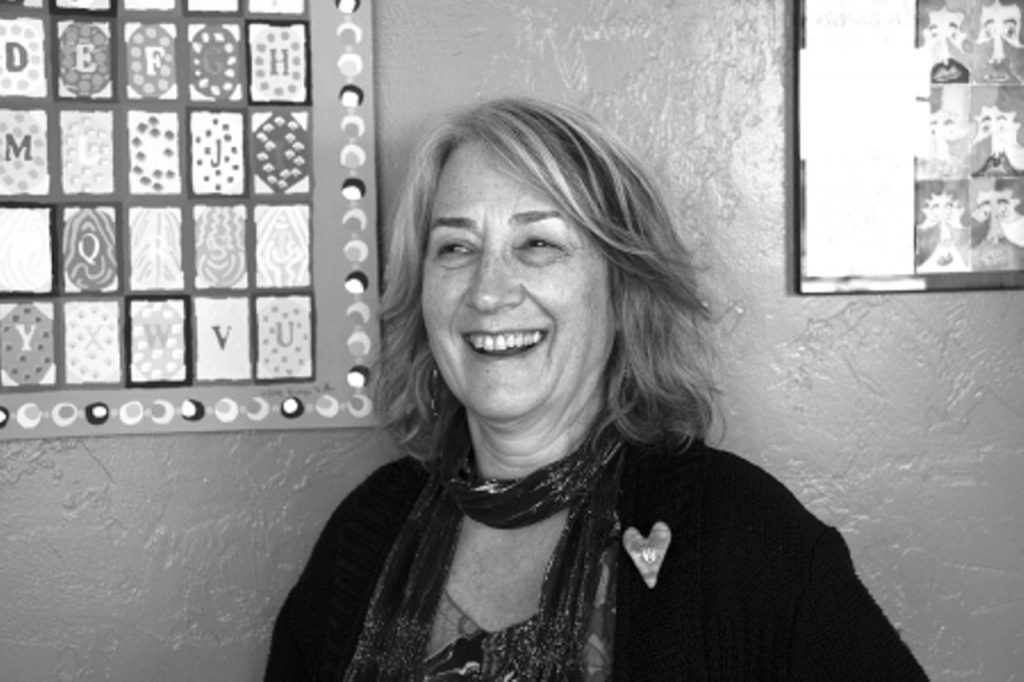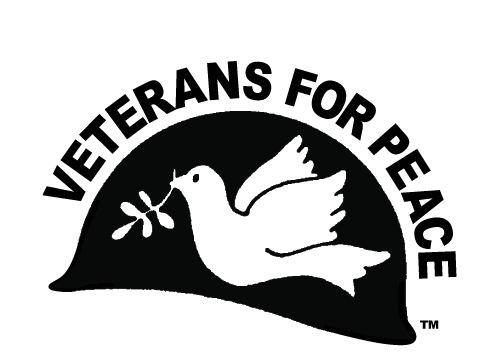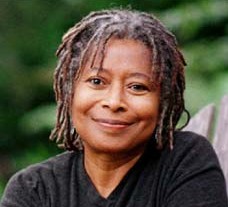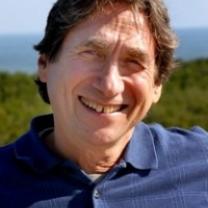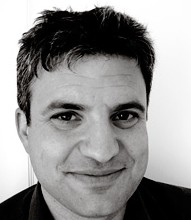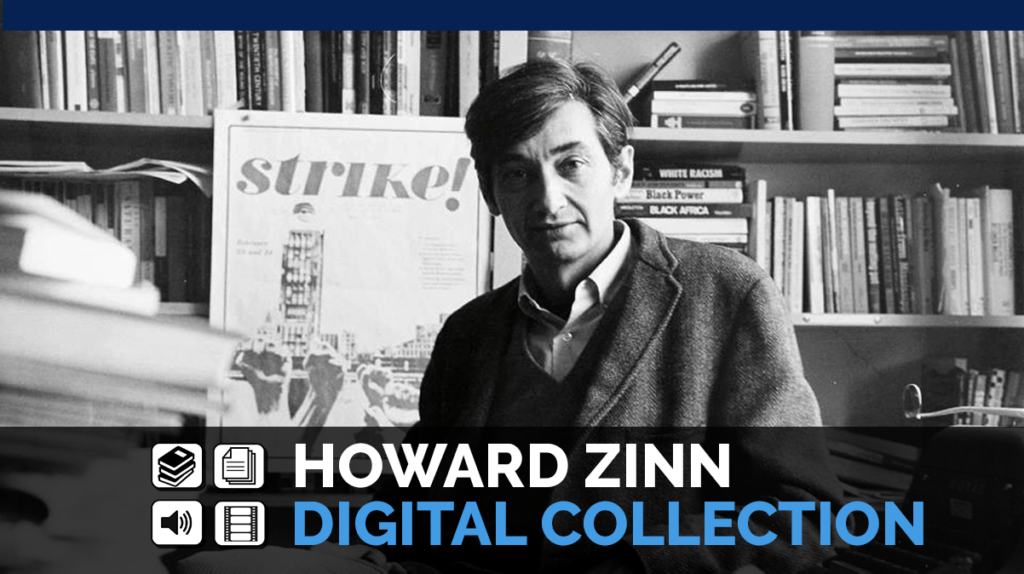This page collects obituaries and the numerous tributes made to Howard Zinn and his impact across generations and populations of people.
Obituaries of Howard Zinn
The AHA (American Historical Association) Today: Paradigmatic People’s Historian
Perhaps because of his new reading of American history, his own humane worldview, and his belief that a historian cannot ignore his or her civic responsibilities as a citizen, Zinn became an activist, first in the civil rights campaign (during which he served on the executive committee of the Student Nonviolent Coordinating Committee) and then in the protests against the Vietnam War. Read more.
Boston Globe: “Prompted a generation to rethink the nation’s past”
For Dr. Zinn, activism was a natural extension of the revisionist brand of history he taught. Read more.
BU Today: “Defied the notion that history is defined and written by and for ‘the winners.’”
Howard Zinn, an author, a history professor, and a political activist, whose writings changed the lives and minds of BU students and readers around the world, died of a heart attack yesterday in Santa Monica, Calif. He was 87. Read more.
CNN: “Noted author and social activist”
A People’s History of the United States, first published in 1980, tells a history not often in seen in other books — from the perspective of those not in a seat of power. Read more (PDF).
Cuba Debate (Cuba): Murió el historiador y activista norteamericano Howard Zinn
Howard Zinn, profesor y activista político y autor de A People’s History of the United States y que se convirtió en uno de los principales vendedores de textos de izquierda, murio este miércoles en Santa Mónica, California. Read more.
Dawn (Pakistan): “A fixture in the US civil rights and anti-war movements”
A Peoples History of the United States chronicled the nations development through voices of women, minorities and the working class, telling the U.S. story as series of episodes where the state and big business colluded to crush socialism. Read more.
Le Devoir (France): Mort d’un géant de l’histoire
On lui doit une formidable Histoire populaire des États-Unis dans laquelle la mémoire des insoumis confronte la version officielle des maîtres. Read more.| English translation.
Fairness and Accuracy in Reporting’s Response to NPR’s Radio Obituary
When progressive historian Howard Zinn died on January 27, NPR’s All Things Considered (1/28/10) marked his passing with something you don’t often see in an obituary: a rebuttal. Read more.
Guardian (UK): Howard Zinn’s lesson to us all
The American historian, playwright and author encouraged younger generations to challenge the abuse of power. Read more.
ndependent (UK): Howard Zinn: Historian whose criticisms of American social policy made him a hero of the Left
He opposed war as a decorated military flyer, championed labour as a former shipyard worker, and had risked jobs and jail protesting and working for civil rights and against the Vietnam war. Read more.
Socialist Party USA’s David McReynolds and Billy Wharton on the death of Howard Zinn
Howard Zinn not only spoke and wrote for the best of America, he reminded those of us who are radicals, members of the broad left, that the history of America is not only that of oppression and corruption, but of resistance, struggle and affirmation. Read more.
Al Jazeera: “A historian for the people”
An anti-Vietnam war activist and champion of the post-World War II civil rights movement in the United States, Zinn was at the forefront of the country’s social upheaval between the 1950s and 1970s. Read more.
La Jornada (Mexico): Fallece el académico y dramaturgo Howard Zinn a los 87 años de un infarto
Howard Zinn, el historiador que narró la otra historia de Estados Unidos, desde el punto de vista de los de abajo, a lo largo de su carrera, falleció este miércoles a los 87 años de edad. Read more. | English translation.
Los Angeles Times: “Hails ordinary Americans”
Howard Zinn, a professor, author and social activist who inspired a generation on the American left and whose book A People’s History of the United States sold more than one million copies and redefined the historical role of working-class people as agents of political change, died Wednesday. Read more.
Le Monde Diplomatique (France): “Howard Zinn est mort”
Pour lui, les héros des Etats-Unis n’étaient ni les Pères fondateurs, ni les présidents, ni les juges à la Cour Suprême, ni les grands patrons, mais les paysans en révolte, les militants des droits civiques, les syndicalistes, tous ceux qui s’étaient battus, parfois victorieux, parfois non, pour l’égalité. Read more | English translation.
MTV.com: “A maverick historian”
Zinn’s books and many speeches promoted dissent and spoke of the power of protest, encouraging a view of American history “from the ground up” and setting aside the story of America told only through the eyes of presidents, generals and power players and through traditional textbooks. Read more.
NAACP: “He urged dissent, protest and activism against injustice.”
“Howard Zinn was an American hero, and was cherished by many for his firm commitment to social justice,” said NAACP President and CEO Benjamin Todd Jealous. “He urged dissent, protest and activism against injustice. He will be missed, but leaves an important legacy for us to uphold.” Read more.
The Nation: Goodbye Howard Zinn
Zinn’s brand of history put common citizens at the center of the story and inspired generations of young activists and academics to remember that change is possible. Read more.
New York Daily News: “Zinn had a kind, friendly personality…”
Although he wrote a number of books, it is his seminal text, A People’s History of the United States, for which Zinn will be remembered. Read more.
New York Times: “Proudly, unabashedly radical…”
Few historians succeeded in passing so completely through the academic membrane into popular culture. Read more.
NPR’s Ombudsperson Concludes: “Critics are right that NPR was not respectful of Zinn.”
It would have been better to wait a day and find a more nuanced critic — as the Washington Post did two days after Zinn died —than rushing a flawed obituary on air. Read more.
El País (Spain): Howard Zinn, historiador
Mientras el mundo de las letras lloraba la muerte de JD Salinger, la izquierda estadounidense, la real, la que está a la izquierda de Obama y de los demócratas, lamentaba la pérdida del historiador y activista Howard Zinn, fallecido también el pasado miércoles de un ataque al corazón. Read more.
Público (Spain): Muere el historiador y activista político Howard Zinn
El historiador y activista político estadounidense Howard Zinn, quien ofreció una versión alternativa del pasado de su país en el libro La otra Historia de Estados Unidos, falleció hoy a los 87 años, informó su familia y la Univeridad de Boston, de la que era profesor emérito. Read PDF.
Socialist Review (UK): Bridging Generations
Historians have disagreed as to whether Zinn belongs to the New or the Old Left, revealing the ambivalence of the intellectual trajectory of this historian-activist. Actually this complex identity reveals how Zinn served as a bridge between two eras too often held up as antagonistic in both ideological and generational terms. Read more.
SocialistWorker.org: The People’s Historian
He was as determined in his 80s as he was many years before as a witness and participant in the great battles of the civil rights movement and the fight against the Vietnam War. Read more.
Telegraph (UK): “He was loved by students…”
Overtly biased, Zinn himself acknowledged that he was not trying to write an objective history, or a complete one. He called his book a response to traditional works, the first chapter – not the last – of a new kind of history. Read more.
The Times (UK): “an American national treasure”
Howard Zinn, author of the bestselling A People’s History of the United States, was a pioneering socialist historian whose central thesis, that radical dissent leading to progressive government would ensure the greatest happiness for the greatest number, ended his life as an American national treasure. Read more.
El Universal (Mexico): Muere el historiador estadounidense Howard Zinn
El historiador y activista político estadounidense Howard Zinn, quien ofreció una versión alternativa del pasado de su país en el libro La otra Historia de Estados Unidos, falleció hoy a los 87 años, informó su familia y la Universidad de Boston, de la que era profesor emérito. Read more.
Washington Post: “Resurrected neglected stories of the country’s past”
In writing about the economics of the slave trade, the effect of robber barons on ordinary people, the violence against the American labor movement and the long struggles of the women’s movement, Dr. Zinn provided an alternative to the then dominant “dead white male” version of history. Read more.
Tributes to Howard Zinn
Mumia Abu-Jamal on Free Speech Radio via Prison Radio
He was a few years shy of 90, true, but he was still a bright-eyed and brilliant lecturer who’s sense of humor gave a wonderous sparkle to his speeches and humanized his writing. Read remembrance.
Kaveh L. Afrasiabi in MRZine (Monthly Review)
As his teaching assistant for his immensely popular class on law and justice in America, I was constantly astonished by the unique love and respect that the charismatic Zinn enjoyed among the students who overcrowded his classrooms, even overflowing into the hallways. Read more.
Wajahat Ali in the Huffington Post
Over the past two years, I exchanged several emails and correspondences with Zinn after we conducted this interview. He always had a kind word, some encouragement, or bit of advice for me. He made time to respond in spite of his hectic life. Read more.
Anthony Arnove in MRZine
Howard jumped into the civil rights struggle as an active participant, not just as a commentator or observer. He decided that the point of studying history was not to write papers and attend seminars, but to make history, to help inform struggles to change the world. Read more.
Helene Atwan on Beacon Press Broadside
The death of Howard Zinn is an irreparable loss. His contributions to how history is viewed and taught, to political discourse, to activism will be celebrated in the coming weeks and months by the legions of people who were influenced by his work and by his example. Already some of those encomia are being published and posted; the list below represents only a sampling. I want to say just a little today about his enormous contribution to Beacon Press and to independent publishing. Read more.
David Barsamian on KGNU-Colorado (Audio)
We’re here to celebrate the life and work of our dear friend, comrade, mentor, “everybody’s favorite teacher,” Howard Zinn. Listen to audio below or at YouTube.Bill Bigelow on “Losing Our Favorite Teacher” at Rethinking Schools
…in countless ways [he] showed us how deeply he respected teachers and believed in the power of education. We will miss his wisdom, his courage, his humanity, his friendship. Read more (PDF).
William Blum
One of my favorite Howard Zinn quotes: “The chief problem in historical honesty is not outright lying. It is omission or de-emphasis of important data. The definition of ‘important’, of course, depends on one’s values.” Read more.

Peter Bohmer on ZNet
My favorite story about his visit here in 1993 was when Howard spoke at Capital H.S. to a group of 100 high school students. After he finished discussing how the U.S. economic system was organized to meet the needs of the wealthy and the corporations and was stacked against workers, blacks, Latinos, Native Americans and immigrants a few students who were immigrants themselves challenged him. They said, Mr. Zinn, aren’t you destroying the American dream? He said in a totally respectful way if I told you the lottery was fixed would I be destroying your dream? Read more.
Fred Branfman in the Colorado Springs Independent
I have met many political people in my lifetime. Zinn was the most honest, human, open, kind, generous, gracious, sweetest, most humorous and charming of them all. By far. I was not the first to be reminded of Abraham Lincoln, not only because of the physical resemblance, but also his profound humanity. He looked you in the eyes. He listened. He reacted appropriately to what you were saying. Read more.
Victoria Brittain in the Guardian (UK)
The great Howard Zinn’s death has the ominous feeling of bringing too close the end of an era when some western intellectuals had the magnetism of rock stars, and when their ethical and principled stand against the dominant powers of the moment moved millions to see things differently, and to act. Read more.
David Brooks in La Jornada (Mexico)
Historiador y rockero, un dueto extraño a primera vista que, conociendo a Zinn, era de lo más natural. El tema siempre era la rebelión contra la imposición del poder, o sea, la esencia del rock. Read more. | English translation.
John Brown in the Indiana Daily Student (PDF)
Zinn showed us that our founding fathers were not demigods of the Enlightenment who crafted a perfectly balanced government, which progresses inevitably toward democratic utopia. He told the story through the lens of the losers, the downtrodden and conquered. Or as one classmate, Zahed Haseeb, put it: “Zinn helped us realize there’s almost always more to a story.” Read more (PDF).
Paul Buhle
There was always something about Howard: if a speaker like Noam Chomsky was best in the Q&A, answering point for point and elaborating, Howard had an aura. The proverbial pin could drop as an audience listened for his words. Sometimes, he would start a little quiet as he built up his physical delivery. Then, look out: he overwhelmed with eloquence. It was easy to get a catch in the throat while listening. Read more.
Busboys and Poets Tribute (Video)
Tribute to Howard Zinn featuring Amy Goodman, Ralph Nader, Bernice Johnson Reagon, Dave Zirin, Marian Wright Edelman, Emma’s Revolution, Kristen Arant, Geoff Millard (IVAW), Rich Rubenstein, and more. View video.
James Carroll in The Boston Globe
Unlike many radicals, he was no mere denouncer. He so believed in America that he believed it could transcend itself. He lifted up alternative futures, and insisted they were possible. Read more.
Noam Chomsky, Arundhati Roy, Frances Fox Piven, Brian Jones at Left Forum 2010 (Video)
The final plenary at the 2010 LEFT FORUM conference in New York features Frances Fox Piven, Brian Jones, Arundhati Roy and Noam Chomsky. The presentation begins with a memorial for the beloved historian, Howard Zinn, and proceeds to the theme of the 2010 conference: “The Center Cannot Hold – Rekindling the Radical Imagination.” View video or watch below.
Classics Rock!
He wrote more than twenty books altogether, including a 1994 autobiography called You Can’t Be Neutral on a Moving Train. The title comes from a line Zinn used in his teaching to get his students to understand that they would be getting his point of view in the classroom. “I didn’t pretend to an objectivity that was neither possible nor desirable,” he wrote in the book. “Some were baffled by the metaphor. . . . Others immediately saw what I meant: that events are already moving in certain deadly directions, and to be neutral means to accept that.” Read more.
Jay Craven on Vermont Public Radio (Audio)
Howard Zinn was a generous friend, mesmerizing teacher and unparalleled storyteller. His vivid and detailed historical narratives captivated us as students, providing fresh vision and a sense of our own ability to make a difference. Read more.
Antonino D’Ambrosio in The Progressive
Zinn was great at moving people, inspiring so many to aspire for something better. The millions of books bearing his name still sold all over the world that come to rest on bookshelves after the reader mark entire pages, underline sentences, and scribble notes in the jacket, are just a small indication of his impact. Read more (PDF).
John Dear in the National Catholic Reporter
That warm smile, shock of tousled hair, the truth that he spoke so casually — Howard was an original. He belonged in that rare pantheon of original voices who despite long odds somehow keep the disparate parts of the movement moving… Read more.
Democracy Now! (Video)
We remember Howard Zinn in his own words, and we speak with those who knew him best: Noam Chomsky, Alice Walker, Naomi Klein and Anthony Arnove. View video.
You can also view a collection of Howard Zinn’s appearances on Democracy Now! here.
Laura Dean at Forbes.com
For Zinn, history was a cacophonous symphony of voices, too often drowned out by the dominant narratives of the rich and powerful. Read more.
Elizabeth DiNovella in The Progressive
It’s been nearly twenty years since I’ve read A People’s History, and it is no small thrill to be at a magazine that regularly publishes the work of a peace mongering historian, a World War II soldier who flew bombing missions over Europe but later staunchly advocated for peace. That was thing about Zinn—when he spoke of war, he knew what he was talking about. Read more.
Stuart Easterling at SocialistWorker.org
The death of Howard Zinn has generated an outpouring of tributes and praise from around the world, celebrating the life and work of this great historian and activist. Read more.
Marian Wright Edelman: Remembering Howard Zinn
He was passionate about justice and his belief in the ability of individuals to make a difference in the world. Not one to mince words, he said what he believed and encouraged us as students to do the same. He conveyed to me and to other students that he believed in us and that we were powerful and not helpless to change what we did not like. Read more.
Tom Engelhardt on TomDispatch.com
He was talking with gusto and amusement about a TV show based on his classic book A People’s History of the United States, which he lived to see broadcast. He spoke about being amazed that the History channel would agree to do such a show—until he met its new chief, a woman who told him she had been in a class of his 30 years earlier. That was Howard. He had an everyday way of inspiring and he stuck with you. Read more.
Dave Eggers in the New Yorker
Howard Zinn was the embodiment of the term “living legend,” and his effect on how we see and teach history is immeasurable. And the man worked till the very end, it seems. He’d just done work at Mission High School here in San Francisco last year. He was an astonishing guy; it’s hard to think of what the landscape would look like without him. Read more.
Deborah Ellis in UVMToday
A Q&A with one of the filmmakers of You Can’t Be Neutral on a Moving Train
He was a person who so profoundly connected his own personal experience as he watched the world. He was very connected to the underdog and telling the underdog’s story. Is that radical? Some people think it is. He never fit the stereotype of an arm-raising radical—that wasn’t him. I think his words were extremely radical in a sense but the way that he presented them was not. He had a great sense of humor, and he loved life. Read more.
Daniel Ellsberg on AntiWar.com
Just weeks ago after watching the film on December 7, I woke up the next morning thinking that I had never told him how much he meant to me. For once in my life, I acted on that thought in a timely way. I sent him an e-mail in which I said, among other things, what I had often told others about him: that he wass, in my opinion, the best human being I’ve ever known. The best example of what a human can be, and can do with their life. Read more.
Shelley Ettinger at workers.org
On occasion someone makes such a significant contribution to the cause that the work speaks for itself and, assessed objectively, functions as a weapon in the class struggle. Such an occasion was the life and such a contribution was the work of Howard Zinn. Read more.
Shepard Fairey on ObeyGiant.com
Last year, our team at Studio Number One had the opportunity to do some work on Zinn’s History Channel television special, “The People Speak.” Some of us even got to meet him – one of those once-in-a-lifetime experiences. We wish the best for his loved ones, and we take comfort ourselves in the belief that his ideas will live on forever. Read more.
Jane Fonda
Here’s a beautiful quote of Howard’s: “To be hopeful in bad times is not just foolishly romantic. It is based on the fact that human history is a history not only of cruelty but also of compassion, sacrifice, courage, kindness.” Read more.
Anthony Giacchino
I could feel my mind turning — I don’t know any other way to describe it — as I read Howard’s words. His personal perspective, his contextualization of events, and his cutting humor just blew me away. Read more.
Amy Goodman on TruthDig.com
At the time of the sit-ins, Zinn was a professor at Spelman College, a historically black women’s college in Atlanta. He told me why, after seven years there, he was fired: “The students at Spelman College rose up out of that very tranquil and controlled atmosphere at the college during the sit-ins and went into town, got arrested, they came back fired up and determined to change the conditions of their lives on campus. … I supported them in their rebellion, and I was too much for the administration of the college.” Read more.
Richard Greenwald in In These Times
Howard Zinn reminded whole generations that workers mattered. His work synthesized that of a whole generation of labor and working-class historians for a larger audience. Thousands of high-school students, college students, and just plan regular folks read his work and learned a great lesson. Read more.
Juan Felipe Herrera in The Progressive
Children float over the tabletop &
peer at the cross-hatched border-work of America
Nothing can stop this.
Only one voice remains.
It is made of many voices – one sound from the waves
Multitudes, that is.
Read more.
Laura Flanders on GRITtv (Video)
We speak with three people whose lives, careers, and activism were shaped by Howard Zinn’s work: poet Staceyann Chin, author of The Other Side of Paradise: A Memoir, progressive sportswriter Dave Zirin, Nation contributor and author of several books, including A People’s History of Sports in the United States, and teacher, actor and activist Brian Jones. View video.
View another video tribute with Benjamin Jealous, head of the NAACP.
View another video tribute with Laura Flanders
Flashpoints (Pacifica Radio) (Audio)
We continue to remember Howard Zinn with his longtime friend and co-author, Anthony Arnove. Listen to audio (begin at 30:35).
Jan Gardner in the Boston Globe
Howard Zinn’s playwriting, if it was mentioned at all, was little more than a footnote in tributes that have appeared since his death last month. Yet he was passionate about the role of theater in his political awakening, and the three plays he wrote about Emma Goldman, Karl Marx, and the arms race have been widely translated and produced. Read more.
Howard Zinn: A Public Intellectual Who Mattered by Henry Giroux (PDF)
There was something about Howard’s fearlessness, his courage, his willingness to risk not just his academic position, but also his life, that marked him as special – untainted by the often corrupting privileges of class entitlement. Howard Zinn: A Public Intellectual Who Mattered by Henry Giroux (PDF).
Alex Green in the Huffington Post
As I sit at the desk of my small independent bookstore a mile from where he lived, and think of Howard Zinn, I cannot cast my eyes in any direction without signs of his presence here. Howard was my indefatigable supporter, as he was of all books and all bookstores. Without him, I never could have kept this store alive in its first years. Read more.
Susan Greene in the Denver Post
Howard Zinn was a young shipyard worker in Brooklyn when he heard a Woody Guthrie song about the Ludlow Massacre. The lyrics haunted him. “That led me to look in the library about this event which nobody had ever mentioned in any of my history courses (and) no textbook had ever mentioned,” the iconic historian once said. Read more.
John Hampsey’s Tribute to Howard Zinn
Q: As we approach the fifth anniversary of Howard Zinn’s death, what is foremost in your mind?
A: How much it feels like Howard is still here. On the first day of my Classical Literature class last week, I was talking about cutting through the kitsch to get to the truth of the Classical Tradition…. And I suddenly found myself relying upon Howard’s key notion that the greatest lies in history are not false facts, because we can always check them…. Rather, the greatest lies in history are what has been left out, and what has been left out is very important. You can tell the truth, and nothing but the truth, but if you’ve left something important out, you’ve lied, as Howard used to say. Read more.
Tom H. Hastings in the Baltimore Chronicle
He was a mensch, a historian and a peace and justice activist. He was not convinced that nonviolence was always the answer, but he often provided expert testimony for nonviolent resisters seeking help in conducting a robust defense of their actions in opposition to militarism and injustice. He was a public intellectual of staggering stature… Read more.
Vincent Harding Tribute at the SNCC 50th Anniversary Convening
There was never an ounce of statement of resentment leading him to say, “No, don’t have anything to do with them.” The Howard Zinn who loved his students was sending me to his students. And I never forgot that conversation, never will forget that Howard Zinn. Read more.
Bob Herbert in the New York Times
I had lunch with Howard Zinn just a few weeks ago, and I’ve seldom had more fun while talking about so many matters that were unreservedly unpleasant: the sorry state of government and politics in the U.S., the tragic futility of our escalation in Afghanistan, the plight of working people in an economy rigged to benefit the rich and powerful. Read more.
Historians Against the War
Most important, apart from his “from the bottom up” and “revisionist” history was his breadth of knowledge and profound concern about so many issues, large and small, from the cold war to tenants’ and workers’ rights. He cared about these matters personally no less than intellectually, and he could write about them with great facility and tenderness. Read more.
William Holtzman in the San Francisco Chronicle
What can I say about my friend Howard Zinn? I met Howard at Boston University, where I attended his classes in the mid-1970s. To this day, I can quote chapter and verse from his lectures. The man could be spellbinding in a gentle, whimsical way. Read more.
International ANSWER
We know further, that while Prof. Zinn may be gone, his books, which have opened so many eyes and minds to the hidden history of the United States, will continue to inspire generations of activists to come. It is no accident that each year the sales of his A People’s History of the United States continued to outpace the prior year’s sales (a nearly unprecedented feat in book publishing). Read more.
Brian Jones at SocialistWorker.org
Howard had a great, long life, a life worthy of emulation. If we can contribute a fraction of what he gave to the fight for social justice, then there’s hope for our collective future. Read more.
Matt Kenard in the Guardian (UK)
But this was what made Zinn sui generis: a voracious intellect but, crucially, one deeply immersed in the world around him. He saw everyone as a source from which to learn, and it was this quality that made him such a brilliant historian. He was, in the truest sense of an overused phrase, a man of the people. Read more.
Laurel Krause: Howard Zinn on Kent State & the Truth Tribunal
Howard Zinn has been a lifelong mentor, friend — an inspiration to me. He was my college professor more than three decades ago so I’m proud and blessed. He opened my mind and spirit to a better world, introducing me to Emma Goldman, anarchy and civil rights. With Howard’s help, I saw and believed in a more just, harmonious world. Read more.
Talib Kweli, Q-Tip and John Legend
Wow. RIP Howard Zinn. The people will continue to make history. Read more.
Danielle Lambert in New York Teacher
We all hope to be that teacher whose lessons forever impact the lives of our students in a profound and positive way. They say Howard Zinn, through his book The People’s History of the United States, has been that teacher for millions. I was lucky enough to call him my own. First Person: A tribute to my teacher Howard Zinn (PDF).
Stephen Lendman in the Fog City Journal
Zinn was a people’s historian. His book pays homage to the ones history forgot and ignore. His life’s work was dedicated to inspiring new generations to work for the society he envisioned – moral, righteous, free, just, egalitarian, at peace. Read more.
‘Howard Zinn, Presente’ by Staughton Lynd
“Just in case there is some delay in this anticipated rerun of ancient events, I offer a few comments about the life of our departed colleague and comrade.” From the 2013 Howard Zinn Read-In. Read more.
Madison, WI Tribute Event (Video)
Many gathered to say, “presente”, one last time to Howard Zinn. View video.
Bryan Marquard: Coming full circle after long-ago meeting with the Zinns
We didn’t meet at one of the protest marches where the Zinns participated in history, or in a Boston University classroom where Howard taught the subject. Our first encounter was in front of a hillside house in Hartland, Vt., that was home to the muckraking journalist George Seldes, then in his 90s. Read “Coming full circle…” (PDF).
Marlene Martin in SocialistWorker.org
I know that Howard meant the same thing to many more people than just us in the Campaign. To have someone like him speaking out and fighting alongside us made us prouder and more determined. Read more.
Brian McKenna on Counterpunch
Like Woody Allen’s film Zelig, Zinn always seemed to be where history was happening: on a bus with the freedom riders, marching with Martin Luther King in the 1950s, taking a trip to Hanoi to rescue three US soldiers during the Vietnam War, informing the world about SNCC, assisting Father Daniel Berrigan while underground from the US government, harboring a copy of Ellsberg’s The Pentagon Papers before publication. Read more.
Scott McLemee in InsideHigherEd.com
But Zinn was the product of an earlier moment — one for which the stark question of commitment had priority. A strategic map of the political landscape was less urgent than knowing that you stood at a crossroads. You either joined the civil rights struggle or you didn’t. You were fighting against nuclear proliferation or the Vietnam War, or you were going along with them. Read more.
John McMurtrie in the San Francisco Chronicle
I had the good fortune to interview Howard Zinn in 1999, and what will stay with me most is his exuberance, his humility and his easy smile. And man, was this not the most beautiful head of hair any historian ever had? Read more.
Geoff Millard at IVAW.org
Howard talked about the work of IVAW and the ways it would contribute to ending the war but we were too young, I think, to fully understand what this meant. Looking back I was dumbstruck but he was again right, it is our deeds as a collective that will end these wars. Read more.
Susan Mirsky in Wicked Local Newton
As my college professor in 1964, he supported the idea of individual responsibility for the actions of our government, and was an advocate for student activism. He was and still is a voice of hope and for the belief that people (not BIG people, ordinary people) acting together, could effect change. Read more.
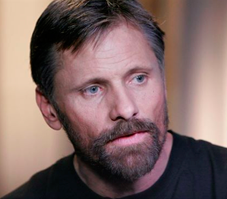
Viggo Mortensen on Perceval Press
Thank you, Howard. It is an honour to have read you, heard you, learned from you, known you at least a little. You will always be missed, always be celebrated. Your history is our history, irreplaceable, unforgettable, as contagious as your smile, a blessing, a warning, a measuring stick, an example to us all.
Bill Moyers at Boston University
The last time we met, I told him that the stories in A People’s History of the United States remind me of the fellow who turned the corner just as a big fight broke out down the block. Rushing up to an onlooker he shouted, “Is this a private fight, or can anyone get in it?” For Howard, democracy was one big public fight and everyone should plunge into it. Read more.
Raymond Mungo in the Boston Phoenix
Howard Zinn was like a daddy to Boston University students of the Vietnam War era — the students who protested and resisted the war, that is. He arrived on campus in 1964, when I was a sophomore, and within two years was the most publicly outspoken and visible member of the faculty, much to the consternation of conservative administrators. The mere mention of his name could send BU presidents into apoplexy. But they couldn’t drive him out or shut him up. Read more.
Ralph Nader
Mr. Zinn’s legacy, however, needs more than sweet memories that carry forward the spirit of people. His impact needs more than the adult and youth book version (now in a television miniseries via the History Channel) to continue inspiring what the Times described as “a generation of high school and college students to rethink American history.” How about drawing on the large, national constituency whose lives he has informed honestly and helped improve to support the establishment of the Howard Zinn Institute for Advancing Peace and Justice? Thought and action in a seamless flow toward returning the definition of “freedom” back to the words of Marcus Cicero as “participation in power.” Read more.
Tanalís Padilla in La Jornada (Mexico)
En un país donde la figura del intelectual público es casi inexistente, la muerte de Howard Zinn deja un hueco profundo. Desde su labor como historiador, su trabajo docente y su participación en luchas populares, Zinn estuvo siempre con los marginados.. Read more.
Leonard Peltier
We were all sad to learn of the passing this past week, of Howard Zinn. A brilliant author, researcher, activist, not to mention a fine human being and a friend to my cause, his loss is a blow to all of us who struggle against oppression. Please send up prayers for his family and loved ones, and that his spirit has a good journey. Read more.
Fouad Pervez in Left Turn Magazine
The first lesson Zinn imparted to us was his example of empathy. When Howard spoke about the Iraq sanctions, he spoke with the perspective of a suffering Iraq civilian….The second lesson was to always take time to connect with people, especially at the grassroots. Read more.
Christopher Phelps in The Chronicle of Higher Education
Although he called Charles Dickens, Langston Hughes, and Upton Sinclair early influences, Zinn played down his bookishness, preferring to tell the story of his consciousness in more concrete ways: growing up poor in New York City, the blow to his head from a policeman at a Popular Front demonstration in Times Square during the 1930s, three years spent at a Brooklyn shipyard, his World War II bombardier service and subsequent disillusionment with war, and his civil-rights activity while at the historically black Spelman College from 1956 to 1963 (which ended in his peremptory dismissal). Read more (PDF).
Carol Polsgrove
I met Howard Zinn one summer morning on Cape Cod when I was working on Divided Minds: Intellectuals and the Civil Rights Movement. Over a long breakfast at a restaurant in Wellfleet, he shared his memories of the role he played in the movement. Here is part of that story, adapted from Divided Minds. Read more (PDF).
David Potorti on CommonDreams.org
He made me realize that what we were doing was not un-American or unpatriotic, and for that matter was not even unique or new. Instead, we were participating in the highest calling of American citizens: To claim our authentic voice. To speak truth to power. To remember that the government is our invention, rather than the other way around. Read more.
Radio Survivor
Howard Zinn was one of the most effective historians of the twentieth century. He rejected the scholarly model of his time—researching and writing primarily for one’s fellow academic conference goers—and instead produced A People’s History of the United States, a startlingly compelling and original narrative of the North American experience from the conquistador days to the present. I read an early edition of the book in two sittings, and read it again years later. It’s a great work. Read more.
Matthew Rothschild in The Progressive
Thank you, Howard Zinn, for opposing war, all wars, including our own “good wars,” our own “holy wars,” as you called them—and for pointing out that a “just cause” does not lead to a “just war.” Thank you, Howard Zinn, for pointing out that soldiers don’t die for their country, but that they die for their political leaders who dupe them or conscript them into wars. And that they die for the corporations that profit from war. Read more (PDF).
Read another tribute from Matthew Rothschild here.
Jamie Sanbonmatsu in Beyond Chron
Even in the larger space, all the seats were filled, and students were sitting on the floor in the aisles & by his feet. He said, “How many of you are trying to add this class?” Then he corrected himself, “Actually, how many are officially supposed to be here?” It was less than half. “I suppose you all want me to sign your add/drop slips,” he said. “Why don’t we try it this way?” Then he turned to the large blackboard & signed his name. “Just copy this down on your slip, and you’ll be in my class.” That was my introduction to the man who would become my college adviser for the next two years, until his retirement. Read more.
Ed Siegel • WBUR (March 15, 2021)
One name I never expected to hear come from Donald Trump’s mouth during the last election was that of Howard Zinn. Had the former president really ever heard of the radical historian who died in 2010 even as he excoriated the late Boston University icon for trying to make “students ashamed of their own history”? Or had one of his speechwriters summoned Zinn’s name from the dead to drive terror into the souls of suburban women?
I had actually been thinking of my old teacher and friend lately — Zinn, not Trump. He would certainly be in the Top Five of people who provided a moral and ethical base for how to live my life, not just because of his political stands but because of his courage, decency, supreme intelligence and — what isn’t that well-known — his great sense of humor. Read more.
Dan Simon in the Brooklyn Rail
Howard Zinn carried a heavy load lightly. He did this in matters both delicate and momentous. He could see a way through, sometimes a way nobody else saw, and would not only take the first step, but the next, and the next as well, unhesitatingly. Now that he is gone, those of us who loved him, and there are many of us, could all do one thing we may not have thought seriously about yet: Find in ourselves some of what we used to find in him. Read more.

SpeakOut: ¡Howard Zinn Presente!
Howard Zinn, the beloved activist and author responsible for such groundbreaking work as A People’s History of the United States, died Wednesday of a heart attack while vacationing in Santa Monica with his family.
Dr. Zinn, who was 87, was a longtime professor at Boston University and a tireless activist throughout his life. In addition to A People’s History, he authored a number of other acclaimed works including You Can’t Be Neutral on a Moving Train, which is also the title of the award-winning documentary about his life—”Howard Zinn: You Can’t Be Neutral on a Moving Train” and Voices of a Peoples History. The latter book was the subject of the documentary “The People Speak” that recently aired on the History Channel. Zinn also penned several plays including Emma and Marx in Soho.
When SpeakOut begin 20 years ago, Howard Zinn was the first speaker to join us and over the years his voice was heard by hundreds of thousands of people nationwide. He exemplifies SpeakOut’s belief that “Voices Change Lives” and we are so proud to have felt his presence, his example in our lives.
“His writings have changed the consciousness of a generation and helped open new paths to understanding and its crucial meaning for our lives,” Noam Chomsky, fellow activist and MIT professor, once wrote of Dr. Zinn. “When action has been called for, one could always be confident that he would be on the front lines, an example and trustworthy guide.”
Robyn Spencer at the “Howard as Historian” Panel at NYU
A People’s History introduced perspective into the learning of history and jettisoned all pretense of objectivity.…[It] was probably my first understanding of historiography and activist scholarship. It became my mirror, my shield. It was oxygen. Read more.
Michael Streich
Zinn’s audience, however, was the everyday person as well as the historical neophyte. His scholarship challenged existing beliefs. Students in a survey class comparing Zinn’s chapter on the American Revolution to their survey text took issue with his detailing of mutinies within the Continental forces. That could never have happened! This led to a research assignment that corroborated Zinn’s statements. Read more (PDF).
Justin Thomspon in The Daily Collegian
He may lie at the opposite end of the political spectrum from where I do, yet no matter what one’s political views are – there is no denying the fact that Howard Zinn was and is one of the single most important figures in contemporary political history. Read more.
Rachel Toor in InsideHigherEd.com
I fell in love with him first over the phone. A man older than my father, a man I hadn’t yet met in person, a man about whom I knew little except that he was kind to me, but someone who was different in obvious and profound ways from the people I encountered every day. Read more.
Chuck U. (Audio)
Tribute to Howard Zinn, live on WMBR one week after his death. Listen to audio.
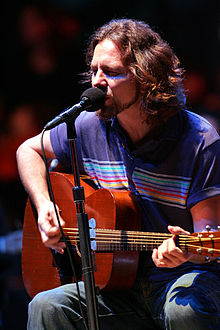
Eddie Vedder on PearlJam.com
January 27, 2010
One phrase that Howard Zinn made irrelevant is that “only the good die young…” Howard Zinn passed away today at age 87, and he was great.
Though he had a full life, one that the rest of us can only aspire to, the news is still heartbreaking. For we have lost a truly bright light, and a wisdom seemingly unparalleled.
Fortunately he has left us with a body of work so extraordinary that it will be drawn upon for centuries to come…
He was a true and constant source of inspiration for myself and countless others… For me, he was the true embodiment of hope… And a living reminder to keep that hope alive.
I’m so grateful for his friendship…
I will miss him for the rest of my days.
Ed
Sheila Wilensky in the Arizona Jewish Post
I first encountered Howard Zinn in 1971, when I audited his Civil Liberties course at Boston University. One day he invited students to join him after class at a Vietnam protest on the Boston Common, and I went. Impressed with Zinn’s fervent belief in the power of ordinary people to change the world, I decided to become a high school social studies teacher. Read more.
Veterans for Peace
There may be others with great hearts and intellects to match, but Howard Zinn will be missed because he combined those with something much rarer: courage. Read more.
Alice Walker in the Boston Globe
Howard Zinn was magical as a teacher. Witty, irreverent, and wise, he loved what he was teaching and clearly wanted his students to love it also. We did. Read more.
Harvey Wasserman in The Free Press and OpEdNews.com
The very idea of presenting the American story from the point of view of the common citizen was itself revolutionary. That he pulled it off with such apparent ease and readability borders on the miraculous. That at least a million Americans have bought and read it means that its on-going influence is immense. It is truly a history book that has and will continue to change history for the better. Read more.
Another tribute form Harvery Wasserman is here.
Hrag Yedalian in Asbarez.com
Although there are many things I remember from my interactions with him, I will never forget the one attribute that I found most endearing: his penchant to respond to emails with lightning fast speed. Most people find that it’s common courtesy to respond to an email within 24 hours of its receipt. The Professor seemed to believe that the 1-hour mark is a more suiting cut off point. Read more.
David Zirin in The Nation
Anyone who believes that the United States is immune to radical politics never attended a lecture by Howard Zinn. The rooms would be packed to the rafters, as entire families, black, white and brown, would arrive to hear their own history made humorous as well as heroic. “What matters is not who’s sitting in the White House. What matters is who’s sitting in!” he would say with a mischievous grin. After this casual suggestion of civil disobedience, the crowd would burst into laughter and applause. Read more.
Impact on Teachers
These tributes were collected at the Zinn Education Project website. Read more about what teachers are saying.
I use Zinn’s work every single day that I stand in front of my classroom.
—Robert Caughey, San Diego, California, English Language and Composition Teacher

















